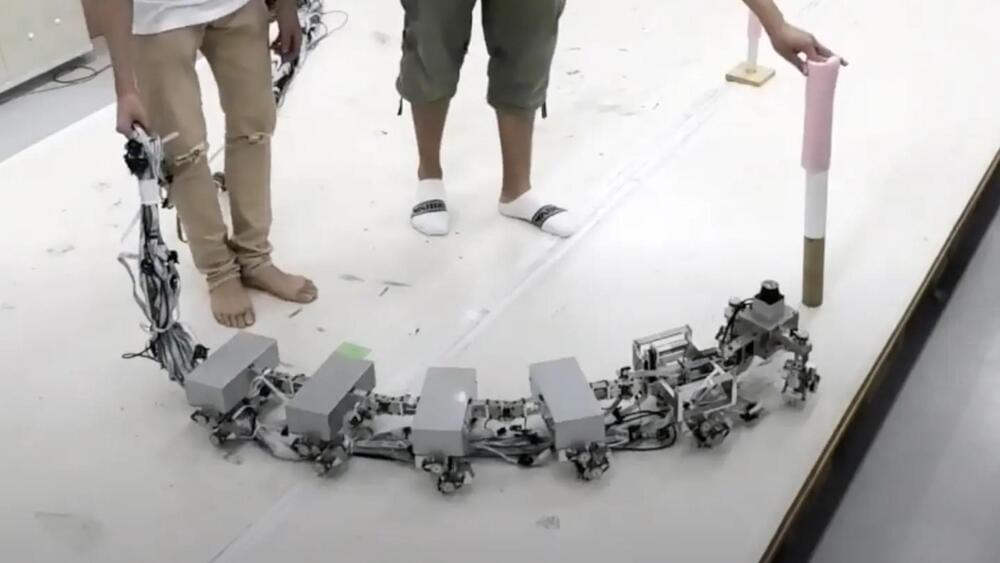Baidu Inc. is investing 1 billion yuan ($140 million) to nurture Chinese startups that explore generative AI, leveraging its Ernie AI model to help drive innovation.
Baidu Inc., China’s internet search leader, is investing 1 billion yuan ($140 million) to incubate Chinese startups that focus on generative AI. As reported in Bloomberg, the move makes Baidu a part of the global investment wave centering on ChatGPT-like services.
Baidu’s $140 Million Venture into Generative AI Startups
According to a statement released by Baidu, the investment will be used to foster projects utilizing its Ernie AI model, with funding potentially as high as 10 million yuan each. Venture investors, including IDG Capital, will evaluate pitches from founders, who will then create demo products before a decision on seed funding.
This incubation program merges one of China’s top startup investment firms with its leading player in AI development. This represents another leap forward in China’s aggressive AI investment strategy, catalyzed by the media buzz surrounding the debut of OpenAI’s ChatGPT.




